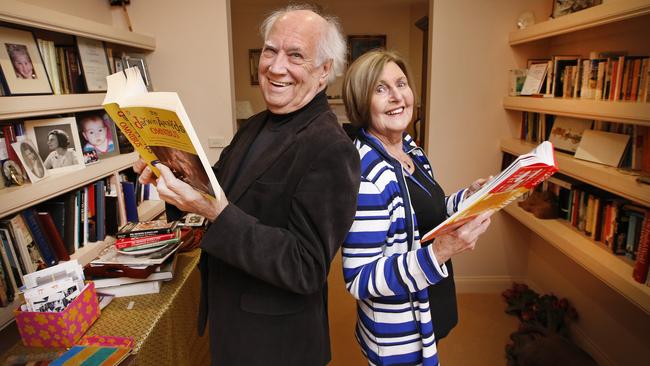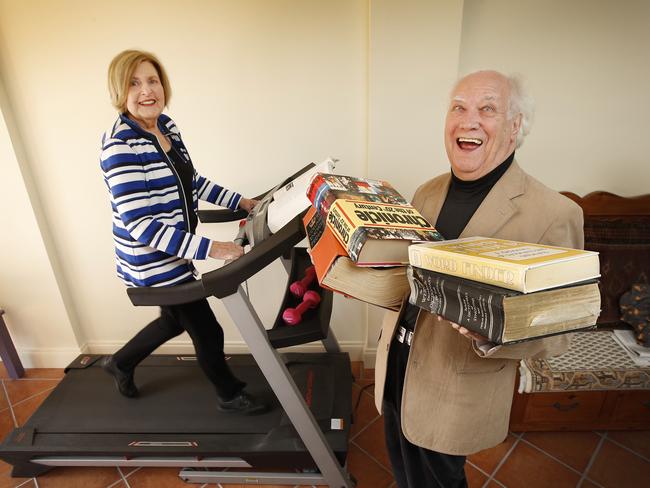Australia’s ‘super agers’ have brain scans to unlock health secrets
THE brains of Australia’s “super agers” are being scanned to unlock the secret to why they remain sharp in their senior years while others decline.

VIC News
Don't miss out on the headlines from VIC News. Followed categories will be added to My News.
THE brains of Australia’s “super agers” are being scanned to find out why they remain sharp in their senior years while others decline.
By unlocking the secrets of the most active and intelligent older Australians, Melbourne researchers hope to unlock the secrets to “super-ageing”.
Armed with powerful new imaging technology, the Monash University and Siemens Healthineers collaboration is gaining the first view inside the workings of peoples’ brains to see how they use energy, oxygen, the way chemicals are expressed and early signs of Alzheimer’s.
By comparing the brains of those who age successfully, lead researcher Dr Sharna Jamadar hopes to develop the world’s first measure of a person’s cognitive reserve, or their capacity to maintain a healthy brain into old age.
“Super agers seem to continue well into older adulthood still maintaining very strong connections into the community, still maintaining very active lifestyle,” she said.
“We want to learn how these people are ageing successfully, not just from a public health point of view, but to increase the quality for individuals as well.”
Having had their brains scanned while doing an IQ test, David Lamb, 81, and his wife Doone, 75, have been certified as “super agers”.

The high-achieving couple continue to work, teaching overseas-trained professionals so they can pass high-level English tests.
Having worked for Ford and CSIRO, run his own business, been an RAAF officer and lived around the world, Mr Lamb believes luck may play a role.
“Super ageing is a silly name — but I think it means we are doing OK for our age,” he said.
“It is going to be very difficult to pinpoint, but obviously it has a lot to do with genetics, with different experiences, a lot of reading ... there are so many things you can put it down to, it’s going to very hard to home in on.”
In the first of two connected studies, the researchers will scan the brains of 100-200 people aged in their 70s, 80s and 90s with high cognitive abilities.
A second study will map the brains of 100-200 participants from the age of 18, following them through their lives to see how they change.
The secret of the study is new technology developed by Siemens that takes MRI and PET scans simultaneously as a person completes a task. By doing so, they can examine not only the parts of the brain that are activated, but also the energy used.


